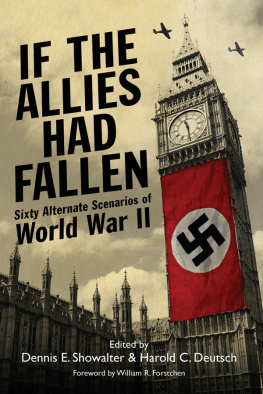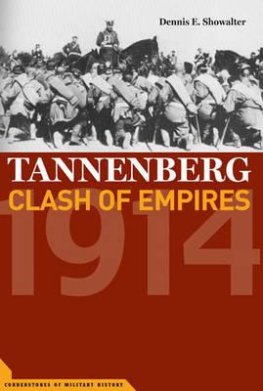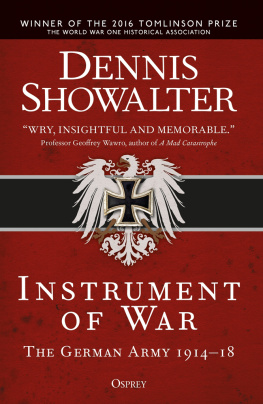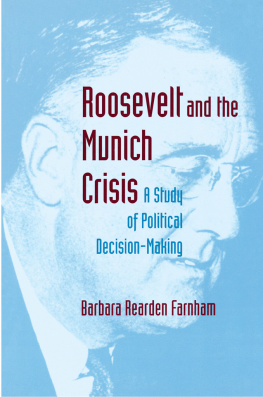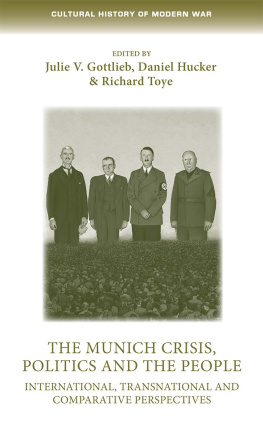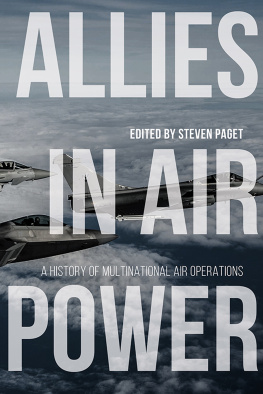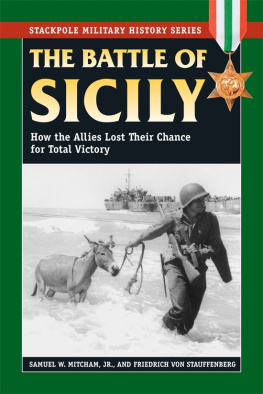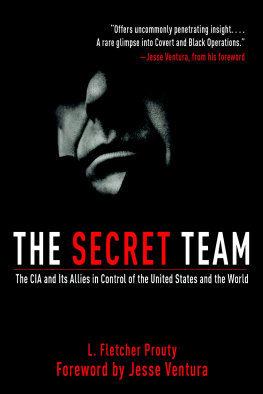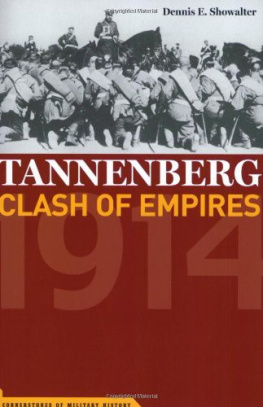IF THE ALLIES HAD FALLEN: SIXTY ALTERNATE SCENARIOS OF WORLD WAR II
This edition published in 2010 by Frontline Books,
an imprint of Pen & Sword Books Limited,
47 Church Street, Barnsley, S. Yorkshire, S70 2AS
www.frontline-books.com
and
Published and distributed in the United States of America and Canada
by Skyhorse Publishing, 307 West 36th Street, 11th Floor, New York, NY 10018
www.skyhorsepublishing.com
Skyhorse Publishing books may be purchased in bulk at special discounts for sales promotion,
corporate gifts, fund-raising, or educational purposes. Special editions can also be created to specifications.
For details, contact the Special Sales Department, Skyhorse Publishing,
307 West 36th Street, 11th Floor, New York, NY 10018 or info@skyhorsepublishing.com.
Bill Fawcett & Associates Inc., 1997
United Kingdom edition Pen & Sword Books Limited, 2010
North American edition Skyhorse Publishing, 2010
Frontline edition: ISBN 978-1-84832-656-9
Skyhorse edition: ISBN 978-1-61608-546-9
PUBLISHING HISTORY
What If? Strategic Alternatives of WWII was first published by the Emperors Press (Chicago) in 1997.
This edition includes a new foreword by William R. Forstchen.
All rights reserved. No part of this publication may be reproduced, stored in or introduced into a retrieval
system, or transmitted, in any form, or by any means (electronic, mechanical, photocopying, recording or
otherwise) without the prior written permission of the publisher. Any person who does any unauthorized
act in relation to this publication may be liable to criminal prosecution and civil claims for damages.
A CIP data record for this title is available from the British Library.
Library of Congress Cataloging-in-Publication Data available on file.
For more information on our books, please visit www.frontline-books.com,
email info@frontline-books.com or write to us at the above address.
Typeset by M.A.T.S. Typesetters, Leigh-on-Sea, Essex
Printed in the United States of America
The Authors
Thomas M. Barker
Carlo D'Este
Harold C. Deutsch
Walter S. Drea
Walter S. Dunn
David M. Glantz
Robert W. Love, Jr.
Peter Hoffmann
D. Clayton James
John K. Munholland
Bernard C. Nalty
Samuel J. Newland
Richard J. Overy
Frederick D. Parker
Paul R. Schratz
Dennis E. Showalter
Gerhard L. Weinberg
Anne Sharp Wells
Herman S. Wolk
Contents
by William R. Forstchen
by Harold C. Deutsch
by Harold C. Deutsch
by John K. Munholland
by Dennis E. Showalter
by David M. Glantz and Samuel J. Newland
by David M. Glantz
by David M. Glantz
by David M. Glantz
by Samuel J. Newland
by David M. Glantz German Intelligence and Soviet Realities
by Edward J. Drea
by Edward J. Drea and Frederick D. Parker
by Harold C. Deutsch and Dennis E. Showalter
by D. Clayton James and Anne Sharp Wells
by Harold C. Deutsch
by Carlo D'Este
by Thomas L. Barker
by Walter S. Dunn
by Carlo D'Este
by Harold C. Deutsch and Dennis E. Showalter
by Peter Hoffmann
by David M. Glantz
by Harold C. Deutsch
by Gerhard L. Weinberg
by Paul R. Schratz
by Robert W. Love, Jr.
by Richard J. Overy
by Bernard C. Nalty
by Bernard C. Nalty
by Herman S. Wolk
by Herman S. Wolk
by Harold C. Deutsch and Dennis E. Showalter
D. What if peace or perhaps an open-ended truce had been negotiated between Germany and the Soviet Union in 1942-43?
Foreword
You are about to read The Original, the Godfather of them all and it is an honor that the publisher asked me to provide the foreword.
Alternate histories obviously intrigue you the reader because you have picked this book up and are even taking time to read this foreword before jumping in. Alternate, or speculative history has been standard fare since the beginnings of modern science fiction with H.G. Wells and at times even appeared in popular mainstream fiction, but until the publication of this book it was most definitely not the playing field of truly serious historians. Real historians would turn their nose up with a sniff, for after all the past is the past, unchangeable. In private a professor might toss out some speculative questions to students and peers, but publication of a piece offering opinion on a what if and building a scenario out of it? Most definitely not the path to surviving a tenure review! At best, such an historian might draw the smiling sarcasm of a department chair asking, are we a real historian or are you going to continue to write this sci-fi stuff?
I know because I was caught in that trap. I was a graduate student in history when this book was first published and had already published half a dozen novels prior to returning to school for a Ph.D. in history. Only a few of my professors viewed my sci-fi alter ego with interest, or at least benign bemusement. Most lectured sternly that it was time to drop my childish speculations and buckle down to write some real history with titles such as: Class, Gender and Ethnicity: the Intermarrying of Transgender Mennonites to Upper Class Hopi Indians 18501852, (titles like that got you high marks at conferences and tenure reviews!)
Then along came Professor Harold Deutsch. Professor Deutsch was indeed a Godfather in the field of serious history. He was the mentor for two of my mentors in graduate school, so I can claim at least some indirect lineage from him (as was Professor Dennis Showalter, one of the contributors to this work).
With this book, for the first time we have an anthology of trained, professional historians, bringing to bear all their skills to what are indeed the great what if questions of history. Of course the past cannot be changed but there was a time when the past was indeed the present. The future at that moment was a fog-shrouded field, filled with perils. That at such a moment a hundred different paths laid open, each path leading off into unknowns concealed within that fog. Some paths might lead to broad sun-lit uplands, others to a thousand years of darkness. Consider that more than a few of those would have meant that you and I would not even now exist.
Such speculation cannot help but intrigue. Think of our own lives in such a context. Do we not all harbor at least one wish, one speculation, that if only we could return to a certain moment, perhaps only to say yes instead of no to someone, how different our lives would now be.
It enables us to seriously contemplate how, at times, the decision of but one person can change the world, impacting our lives for better or worst if indeed we would have a life at all.
Across the more than two decades since publication of this book, alternate or speculative history has evolved into a remarkably rich field in which trained historians take delight. Some works, to remain nameless, are absurd, many are just darn good entertainment and some are the foundation for serious thought and inquiry when near parallel decisions and realities are faced today.
For this author, the efforts of respected historians such as Deutsch and Showalter gave me breathing room, that I could indeed be a serious historian, and then have the leeway to apply that training to what ifs, write about them, and not face that tenure committee with dread.

